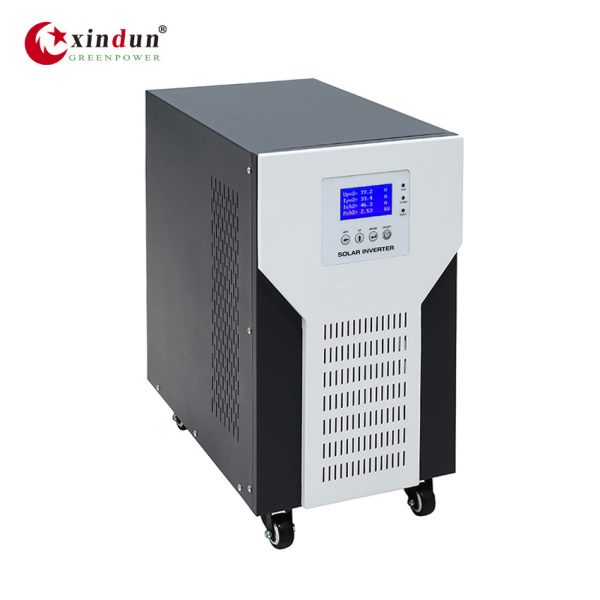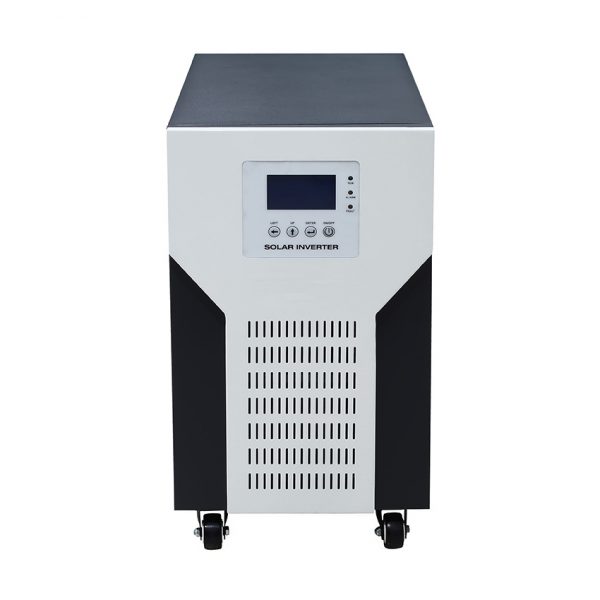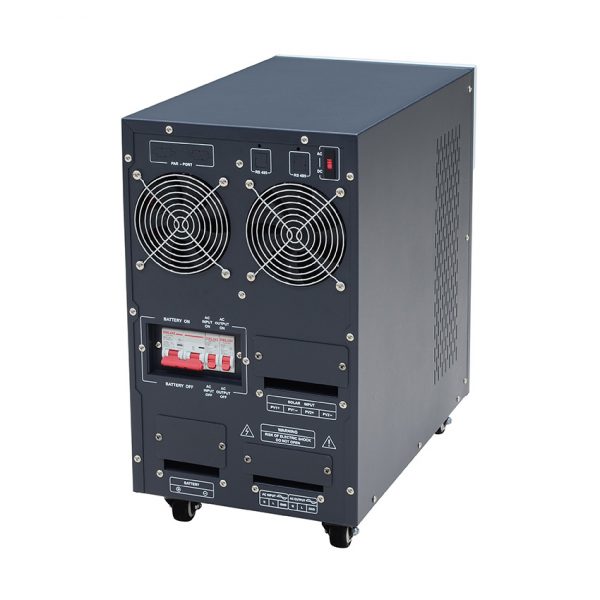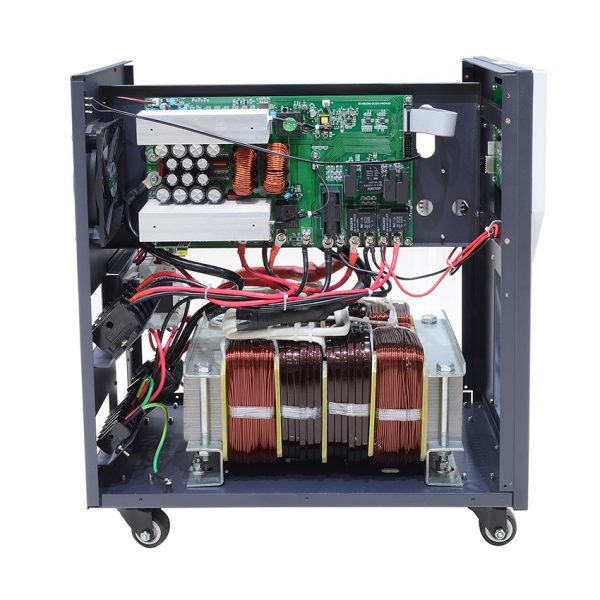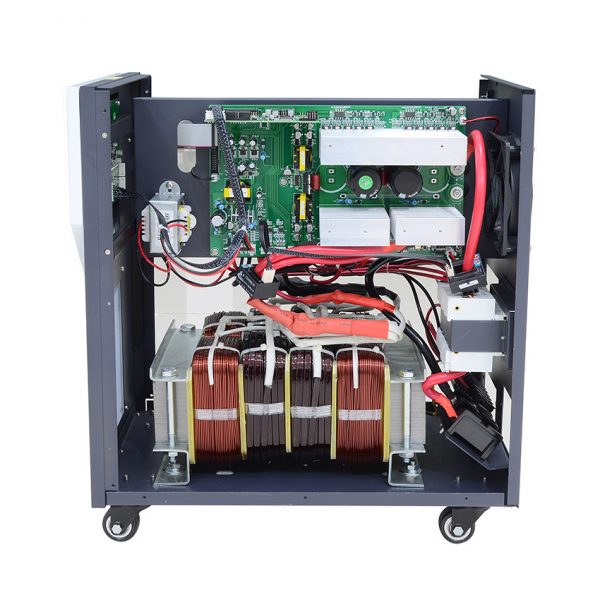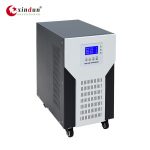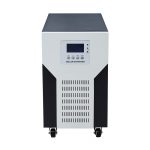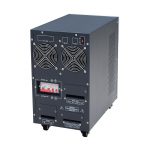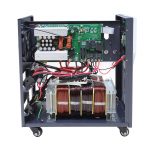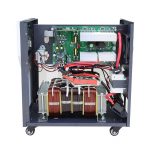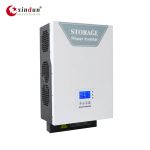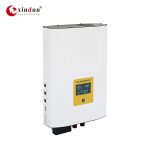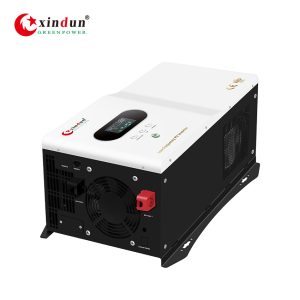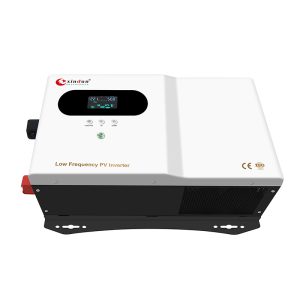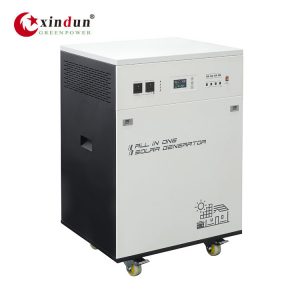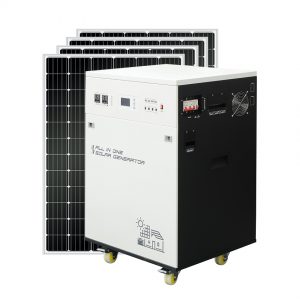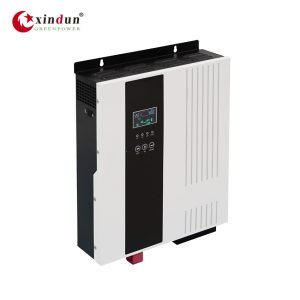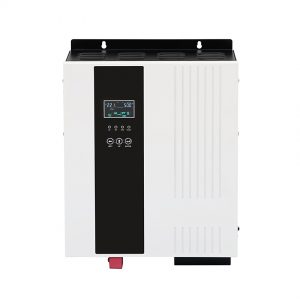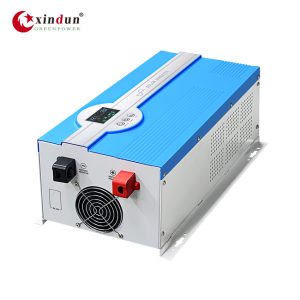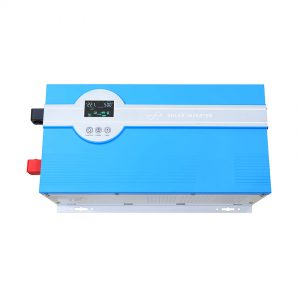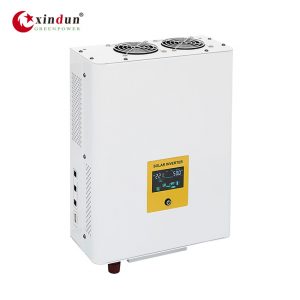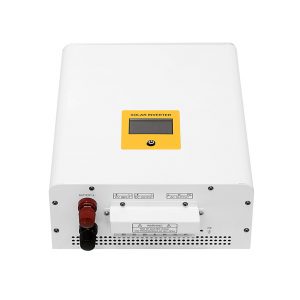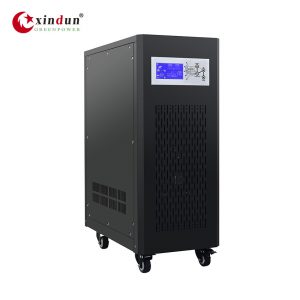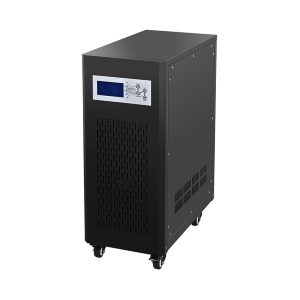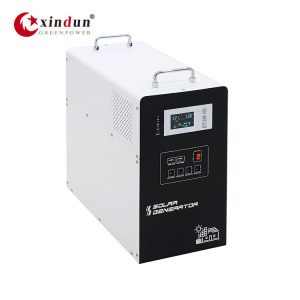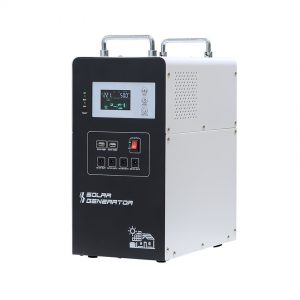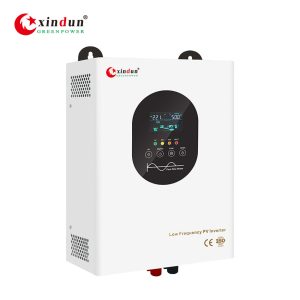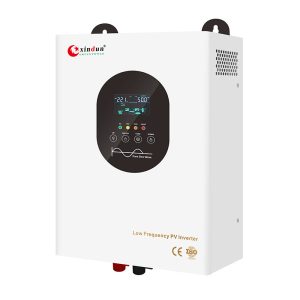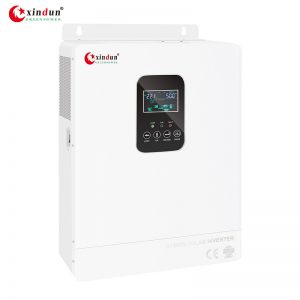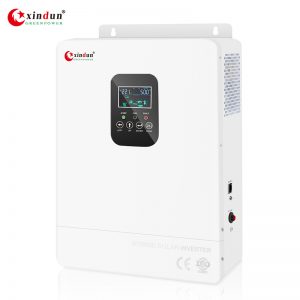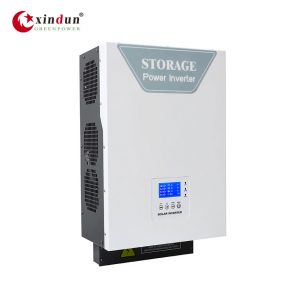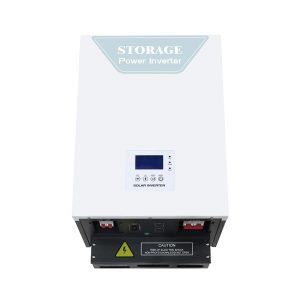ZRS Solar and AC Hybrid Inverter without Battery 3KW-25KW
3KW/5KW DC48V
8KW/10KW DC96V
15KW/20KW DC192V
25KW DC240V
Output Voltage: AC110V/120V/220V/230V/240V
Frequency: 50Hz/60Hz
Wave Form: Pure Sine Wave
Solar Controller: 2-Way MPPT Built-in Solar Inverter
AC Charger: 0-60A
Can Be Customized for Special Power and Voltage and Appearance
- Description
- Inquiry
Description
⌈Solar Inverter Introduction⌋
Solar and AC hybrid inverter is applied to solar energy storage micro-grid system. Solar system could be with or without storage battery configuration. A solar energy storage micro-grid system is made up when batteries are configured. A solar energy micro-grid system is made up when batteries are not configured. The system uses PV energy as priority. When the energy of PV is not enough, it can be supplemented by city power or batteries. When the PV energy is surplue, it would be stored in batteries, to maximize the utilization of PV power generation, so as to achieve the purpose of electricity cost saving.
⌈Solar Inverter Feature⌋
- Integrated intelligent energy management system, a variety of modes can be set;
- High transfer efficiency;
- Ease city grid pressure, reduce electricity bills;
- Dual MPPT input, precise algorithm, efficient use of PV energy;
- Support multiple parallel operations for user expansion;
- Solar system could be either with or without storage battery configuration to reduce the cost of system;
- Either diesel generator input or gasoline generator input is compatible with the system;
- Isolated output of low frequency transformer, with strong impact resistance;
- Large LCD screen, operating parameter could be displayed in real time;
- Support multiple remote monitoring of communication software (RS232\RS485\Mobile APP\SNMP\GSM).
⌈Solar Inverter Batteries⌋
The off grid solar and ac hybrid inverters can be flexibly equipped with batteries. The advantage and application sites of no batteries, small-capacity batteries, and standard-capacity batteries are shown in the figure below.
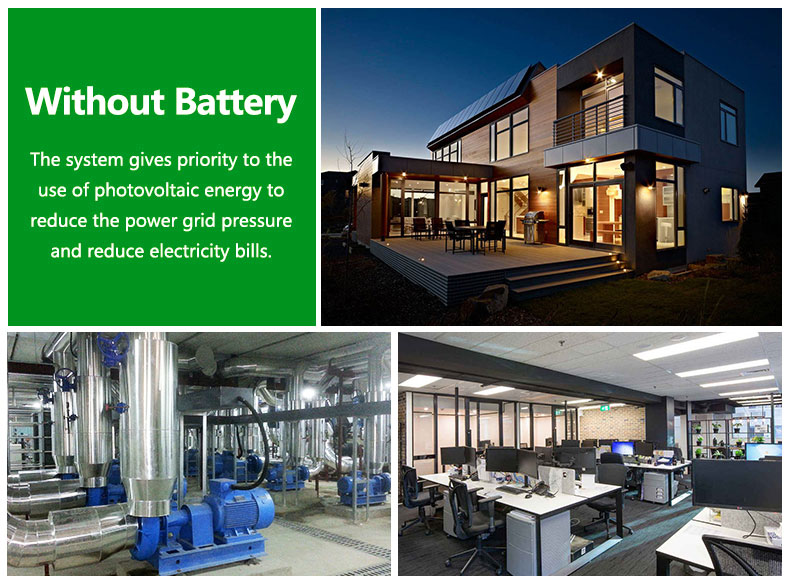
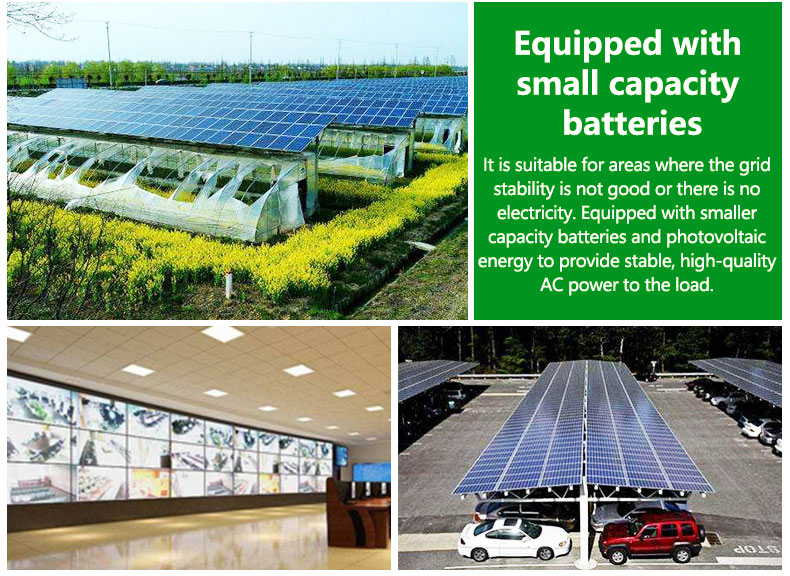
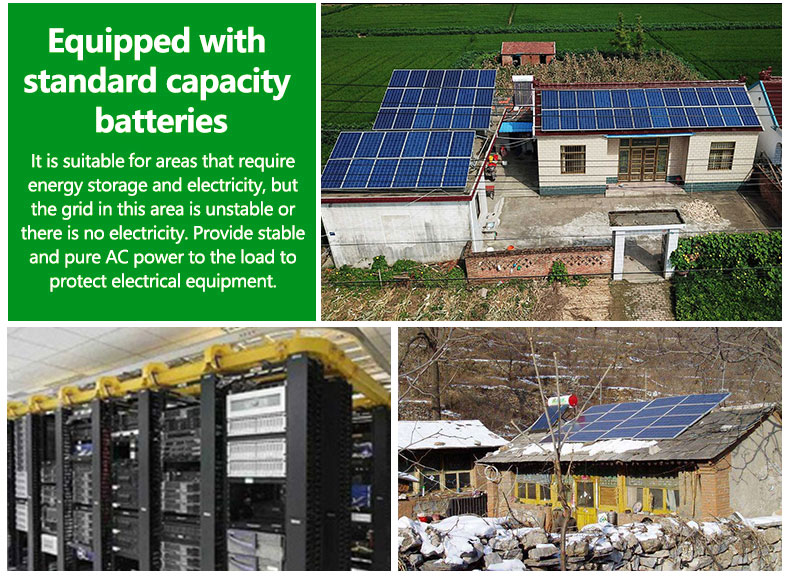
⌈Solar Inverter How to Use⌋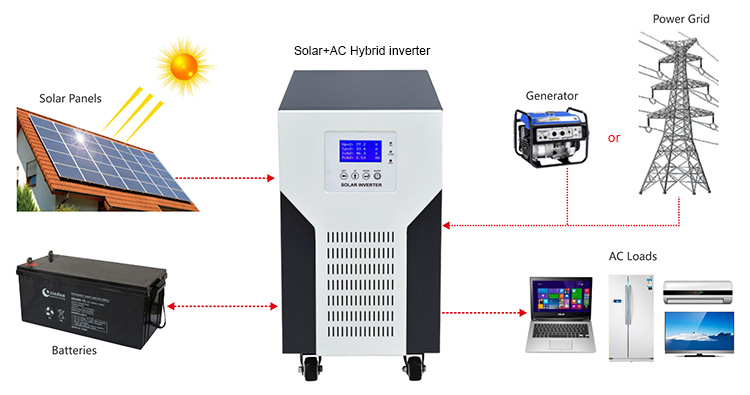
Here I introduce how to use the solar inverter:
AC Modes
1 When the power grid is normal and the current solar power generation is bigger than the load power, solar power will feed the load completely and the surplus solar power will feed the battery and transmit to the grid.
2 When power grid is normal and the solar power is smaller than the load power, the insufficient part is supplemented by the power grid; The solar and the power grid feed the load together.
3 When power grid is abnormal, the inverter changes to independent invert mode. When the solar power is bigger than the load power, the solar power will feed the load completely, and the surplus part will charge the battery. When the solar power is smaller than the load power, the insufficient part is supplemented by the battery; the batteries and the solar feed the load together.
4 When solar has no generating power, the power grid will charge and store energy to the battery through the inverter.
5 When power grid is abnormal and there is no solar, batteries will feed the load.
Battery Modes
1 When the power grid is normal and the current solar power generation is bigger than the load power, solar power will feed the load completely and the surplus solar power will feed the battery and transmit to the grid.
2 When the solar power is smaller than the load power, the insufficient part is supplemented by the battery. The solar and the battery will feed the load together.
3 When solar power runs out or very little and the battery is placed to below 48/96/192/240 voltage (Depends on different solar system voltage), the discharge power of the battery will be linearly reduced. The insufficient part will be supplemented by power grid. And when it reaches the low-voltage protection of the battery, the load will be completely fed by the power grid.
4 When power grid is abnormal, the inverter will work in the independent invert mode. The solar power will feed the load. And if the solar power is insufficient, it is supplemented by the battery.
Note: under the BATT mode, if there is no solar, power grid won’t charge the battery.
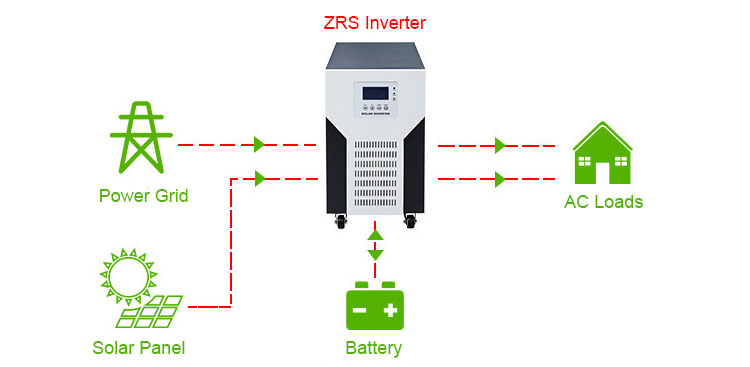
With power grid, solar, and batteries, inverter always uses solar energy first:
1, If the solar power generation is 1000W and the AC load is 600W. The solar power supply 600W to the AC load, and 400W is left to charge the battery. At this time, the power grid does not provide energy.
2, If the solar power generation is 1000W, the AC load is 1600W. The solar power supply 1000W for the AC load, the power grid supply 600W for the load (AC priority mode) or the battery supplies 600W for the load (Battery priority mode)
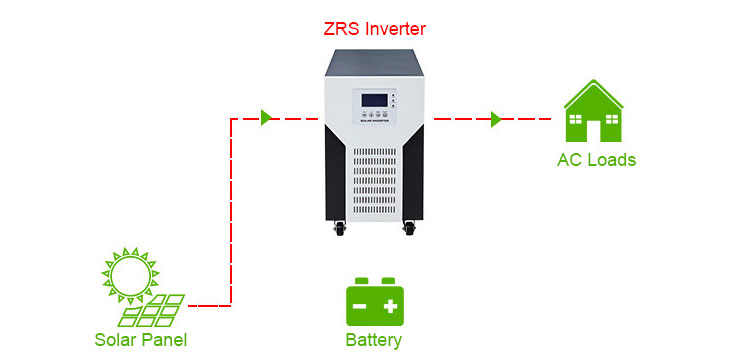
No power grid and batteries, but solar is available, the inverter automatically turns on and operates in the solar state, and the AC load is completely powered by the solar energy.
If the solar power generation is 1000W, the total power of the AC load can only be ≤1000W, and over 1000W will trigger the overload protection.
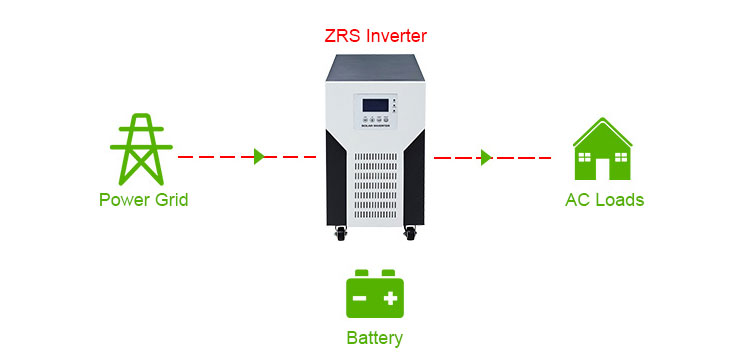
No solar and batteries, but power grid is available, the inverter automatically turns on and operates in the power grid state, and the AC load is completely powered by the power grid.
If the power gird is powered off, the AC load cannot continue to operate.
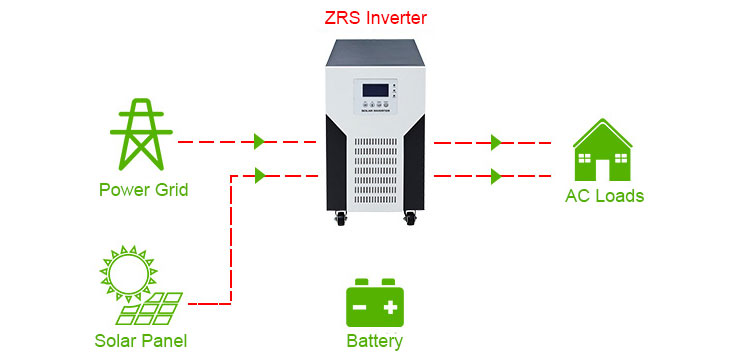
No battery, but power grid and solar is available, inverter always uses solar energy first:
1,If the solar power generation is 1000W, the AC load is 600W. The solar powers the AC load to 600W. At this time, the power grid does not provide energy.
2,If the solar power generation is 1000W, the AC load is 1600W. The solar power supply 1000W and the power grid supply 600W for the AC load.
⌈Solar Inverter Parameters⌋
<< Slide left for more parameters
| Parameters | ||||||||
| Model: ZRS | 30248 | 50248 | 80296 | 10396 | 153192 | 203192 | 253240 | |
| PV Input | Max input voltage(Voc) (At the lowest temperature) | 150V | 300V | 450V | 500V | |||
| MPPT tracking range | 60V-120V | 120V-240V | 240V-360V | 300V-400V | ||||
| Recommended operating voltage range | 60V-80V | 120V-160V | 240V-320V | 300V-380V | ||||
| MPPT route number | 2 | |||||||
| Max input power | 1960W/1960W | 3360W/3360W | 5000W/5000W | 6150W/6150W | 8.8KW/8.8KW | 11.2KW/11.2KW | 14KW/14KW | |
| Battery (Flexible configuration) | Type of battery | Lead-acid battery / Lithium-ion battery(Need to customize) | ||||||
| Rated voltage | 48V | 96V | 192V | 192V | 240V | |||
| Max charging current (Can be set,Recommended 0.1C) | 70A(PV)/ 35A(Mains) | 120A(PV)/ 60A(Mains) | 100A(PV)/ 40A(Mains) | 110A(PV)/ 60A(Mains) | 80A(PV)/ 40A(Mains) | 110A(PV)/ 60A(Mains) | 110A(PV)/ 60A(Mains) | |
| Float voltage(Can be set) | 55.2V | 110.4V | 220.8V | 276V | ||||
| Charge voltage(Can be set) | 56.8V | 113.6V | 227.2V | 284V | ||||
| AC Input | Rated voltage | 220V/230V | ||||||
| Input voltage range | 187V~264V | |||||||
| Rated input frequency | 45Hz~55Hz(50Hz)/55Hz~65Hz(60Hz) | |||||||
| Loss protection time | ≤2S | |||||||
| Reconnection time | 30S | |||||||
| AC Output (PV/Battery mode) | Rated output power | 3KW | 5KW | 8KW | 10KW | 15KW | 20KW | 25KW |
| Rated output voltage | 220V/230V | |||||||
| Output voltage accuracy | ±2% | |||||||
| Rated output frequency | 50Hz/60Hz | |||||||
| Output frequency accuracy | ±1% | |||||||
| AC Output (Power grid mode) | Rated output power | 3KW | 5KW | 8KW | 10KW | 15KW | 20KW | 25KW |
| Output voltage | 187V~264V | |||||||
| Output frequency | 47~52Hz/57~62Hz | |||||||
| Regular Parameter | Topology | Transformer isolation | ||||||
| Display | LCD+LED | |||||||
| Communication(Optional) | RS485/Mobile APP(WIFI monitor or GPRS monitor) | |||||||
| Operating temperature | -20℃~60℃(Derating above 45°C) | |||||||
| Storage temperature | -20℃~60℃ | |||||||
| Noise | ≤60dB | |||||||
| Relative humidity | 20%~95%(No condensation) | |||||||
| Highest altitude | 2000m(More than derating) | |||||||
| Machine dimension(L*W*Hmm) | 467*280*508 | 550*380*675 | 620*380*825 | |||||
| Package dimension(L*W*Hmm) | 530*340*635 | 610*440*800 | 680*440*950 | |||||
| N.W(kg) | 40 | 49 | 70 | 75 | 128 | 134 | 140 | |
| G.W(kg) | 47 | 56 | 80 | 85 | 140 | 146 | 152 | |
| Installation Method | Tower | |||||||
| Note: All specifications are subject to charge without prior notice | ||||||||
⌈Why Choose Xindunpower⌋
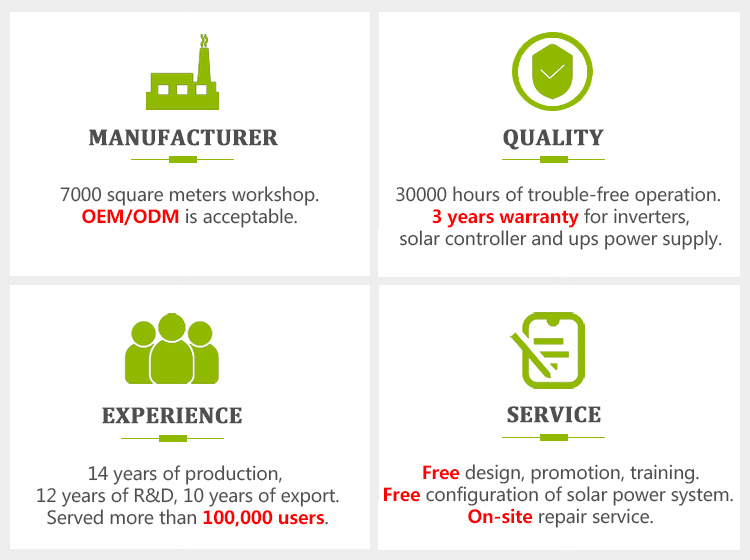
⌈About Xindunpower – Solar Inverter Manufacturer⌋
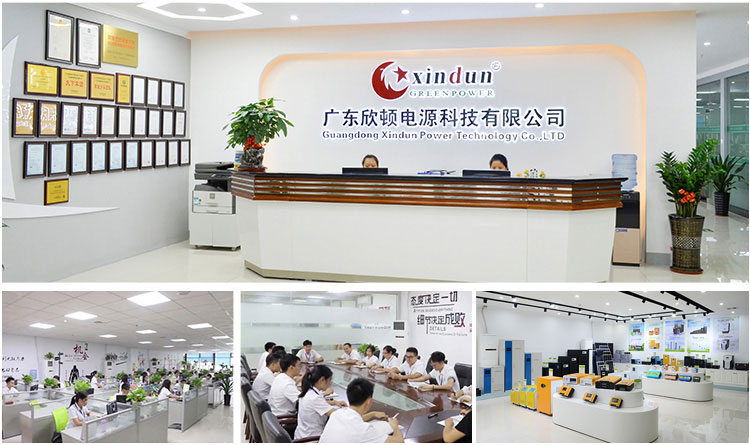
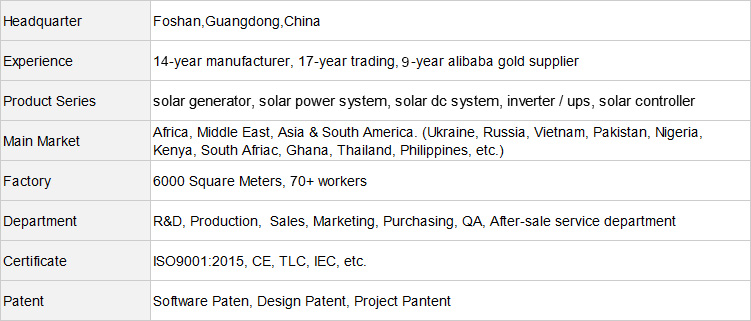
⌈Solar Inverter Factory Scene⌋
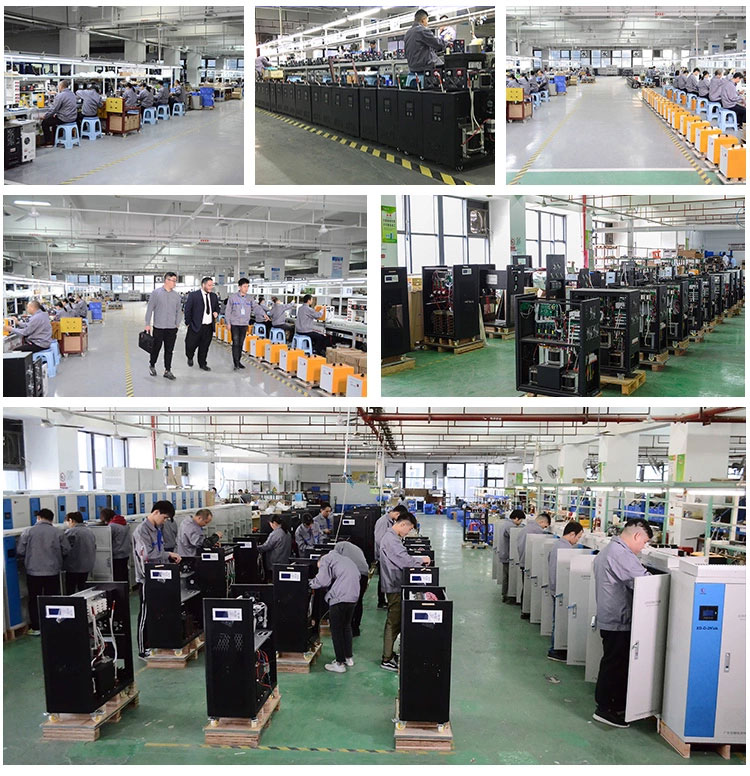
⌈Our Certificate⌋
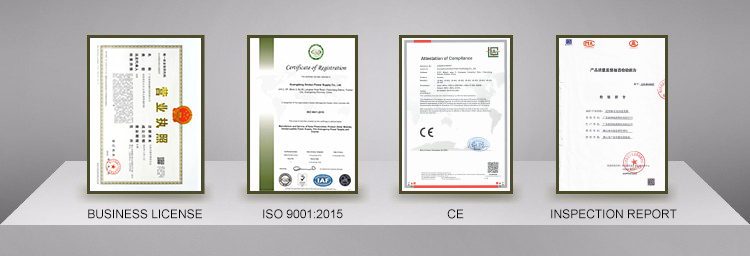
⌈Global Solar Power Expo⌋
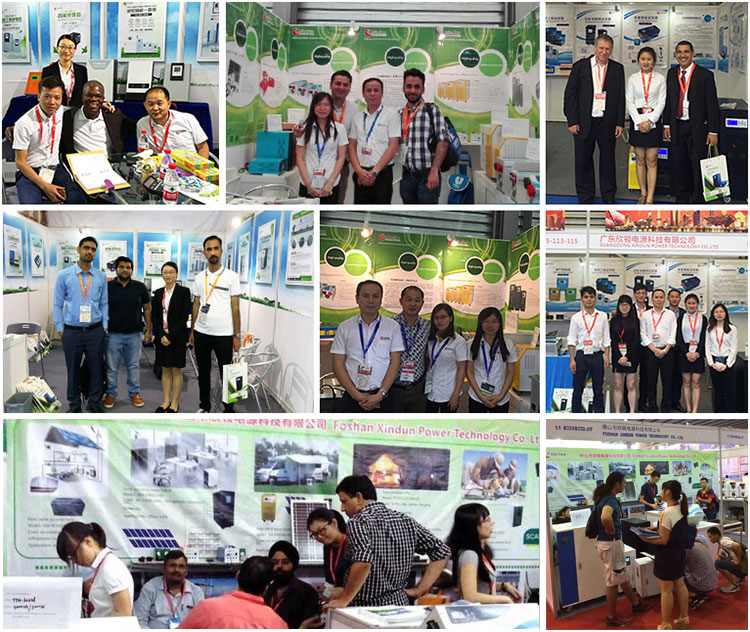
If you are interested in this ZRS series solar inverter, please feel free to contact us through the contact information below.
Xindun is a solar power factory in China, now we are looking for sales agents all over the world, wating for you to join us.

